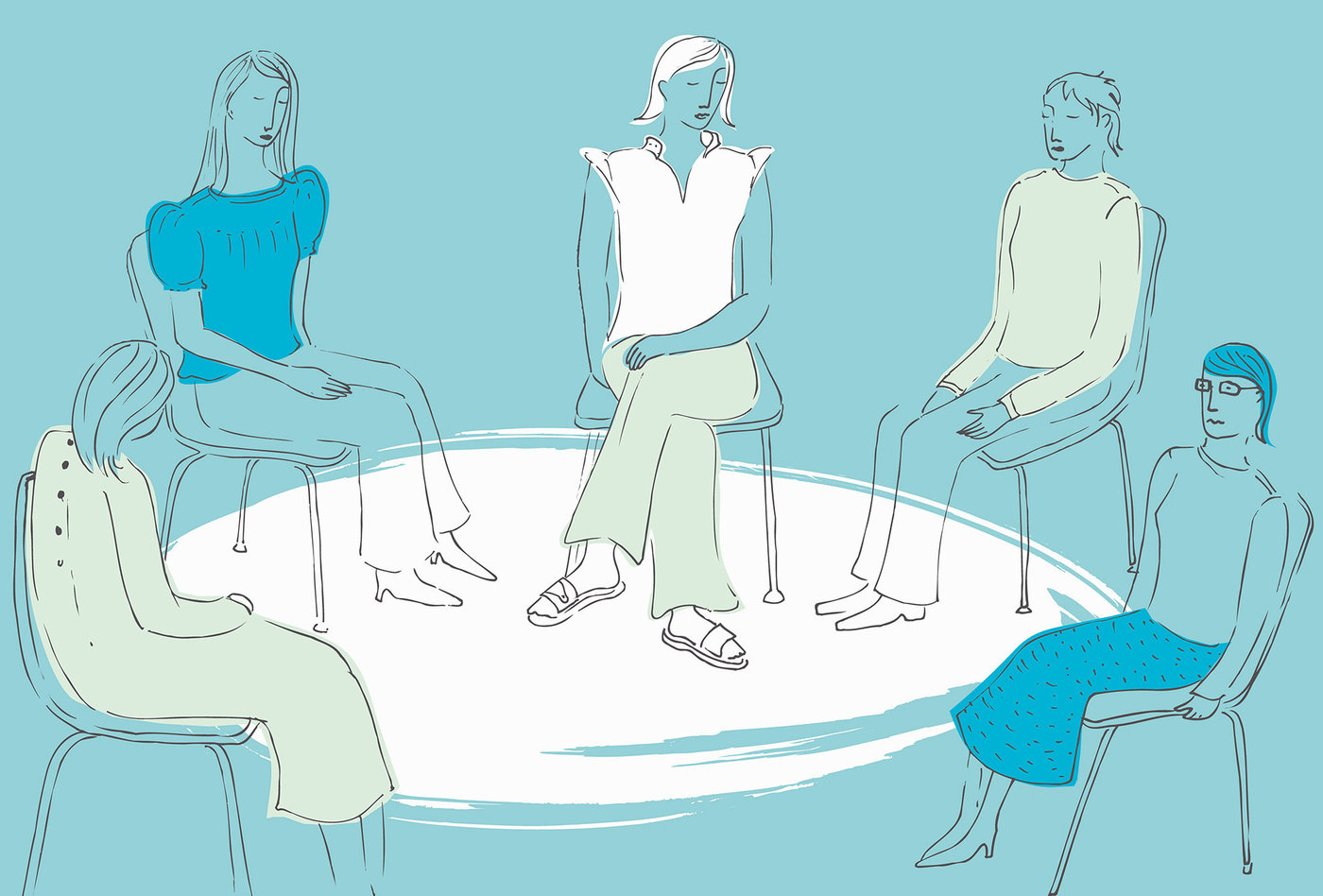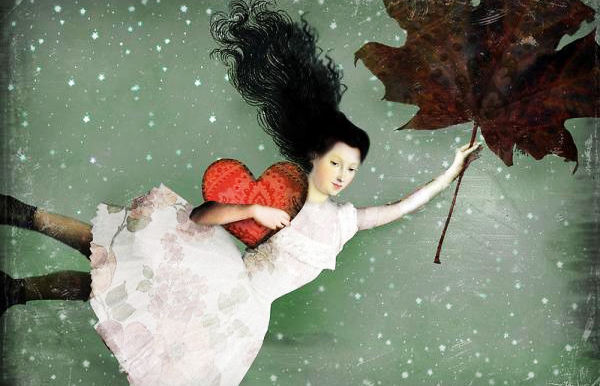pain
Monsters In My Head Or How I Battled And Defeated Obsessive-Compulsive Disorder – Part 5

Illustration by Trina Dalziel
My teenage years were fuller than those of many others, full of experiences of all kinds, all with a happy ending. That’s how I gradually built up my identity, self-confidence, trust.
And then, as I turned 26, my mind stole a fragment of reality and turned it into an obsession. “What if someone’s after me? What if I’ll end up in jail?”. Beneath this concrete obsession, there was always the concept of law, legal procedures, and criminality. I started reading more about it, trying to put an end to the obsession but only fueling it further instead. Back then, I believed reading about a topic was the only means of confirming or refuting my thoughts.
I found myself trapped in a psychic bubble I was unable to leave for a whole year, perhaps even longer. I analysed all possible aspects of the concept of criminality, I always talked about and asked others for reassurance, until it somehow stopped. I’ve no clue how. After the obsession ended, I understood what law and punishment mean, and now I know it well enough to not have to ponder on the topic anymore, I know exactly what’s good and what’s bad to me.
After a year, a new obsession arose, this time about cancer.
“What if I have cancer?” The madness started all over again. I thought I have brain cancer, stomach cancer, lung cancer, lymphoma and who knows how many other cancers, I can’t remember them all. Any reaction of my body was a symptom of cancer to me. Obviously, I started reading more and talking to people around me about it, seeking reassurance.
I went for regular check-ups, had X-rays and CT scans done. The obsession with cancer lasted around a year, wherein the first six months were the most intense. And then it just went away. It never goes away all of a sudden or miraculously, it’s a rather subtle process you can’t consciously perceive, like a heavy rain that lasts for weeks, and then gradually decreases in intensity, leaving behind a clouded sky, and after many clouded days, the sun finally comes up again. After my cancer obsession, I realised this diagnostic signifies the beginning of a war you have to be ready to fight. I am ready for it now, should it ever come to it.
I got my first panic attack when I was 29; quite late, according to Cristi. I’ve had so many panic attacks that I’ve stopped acknowledging them after a while, and they progressively became rarer. I think I’ve had the last one a couple months ago, followed by generalized anxiety and the persistent idea that I’m going mad. By going mad, I meant the possibility that all thoughts and anxiety-induced fantasies would turn into fully blown schizophrenia.
I know there is no chance to develop schizophrenia, even less as a consequence of anxiety, the way I’d imagined it. My “schizophrenia” lasted a bit over a year, anyway. What followed was a short obsession after a routine check-up, where I assumed I have high blood pressure and am on the verge of a heart attack or a stroke. I checked my blood pressure 9, 10, 11 times a day, perhaps even more. I’ve had complex check-ups done, which showed I was completely fine.
In the end of summer, following a new wave of obsessions related to mental illness and death, I finally decided it was time to do something about it. I went to two psychiatrists and five therapists, trying to find the answer to the question of why my mind keeps telling me something I don’t want to happen is going to happen. They all told me it’s nothing severe, that treatment doesn’t come into question and I’m in no danger, yet I was still plagued by catastrophic scenarios and overthinking. Obviously, plenty will wonder, “why would you even be afraid of something you don’t want? It makes no sense”. In that case, reading this article up to this point makes no sense either, if you’re going to ask that question. Either way, as a fun fact, most OCD sufferers score higher than average as regards intelligence.
Sure, there’s also the medical view, according to which one out of a hundred persons will suffer from obsessive-compulsive disorder. This is an average, as the socio-cultural context also plays a significant role. My personal view is that Romanians come from a socio-cultural background that’s a perfect fit for this disorder. Our collective consciousness is dominated by abundant superstitions mostly related to catastrophic scenarios; our religion is archaic, full of references to “sin” and “punishments” and plays an important role, culturally.
Differences have been identified between brain scans from regular people and those suffering from OCD: it is believed that lower levels of serotonin, a neurotransmitter, are related to the disorder. In the case of OCD sufferers, their serotonin levels are extremely low, which leads to various brain parts no longer being able to efficiently communicate between themselves. Low serotonin levels are also encountered as a symptom of depression, which explains why medication for OCD is oftentimes similar to that for depression. OCD and depression are not mutually exclusive, as OCD can trigger depression and obsessive thinking is a component of depression.
Original Romanian version: casajurnalistului.ro/boala-indoielii
—
Mihnea Mihalache-Fiastru is licensed in Psychology, essay and fiction writer, author and contributor since 2001 for Hustler, Vice and many other publications and websites
Be the first to write a comment.
Your feedback
